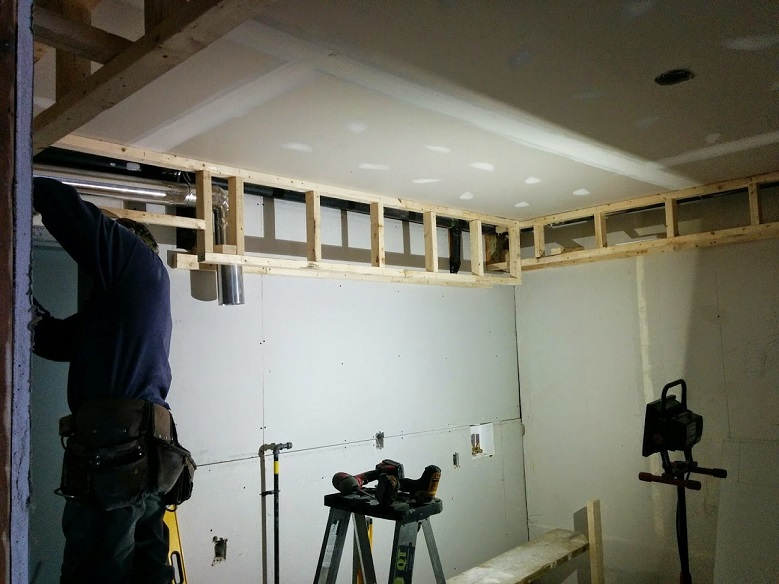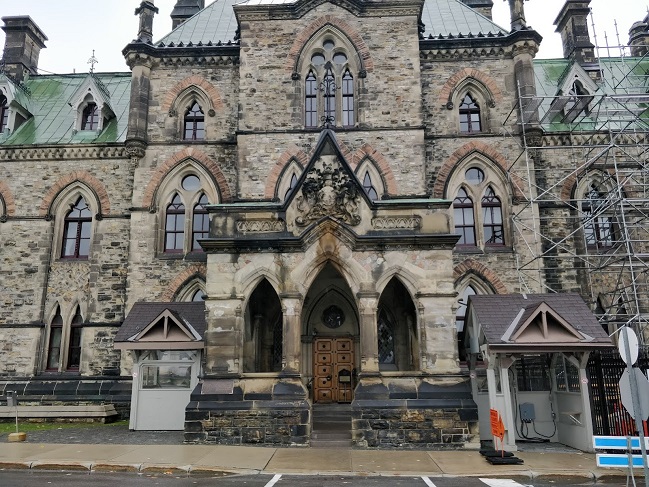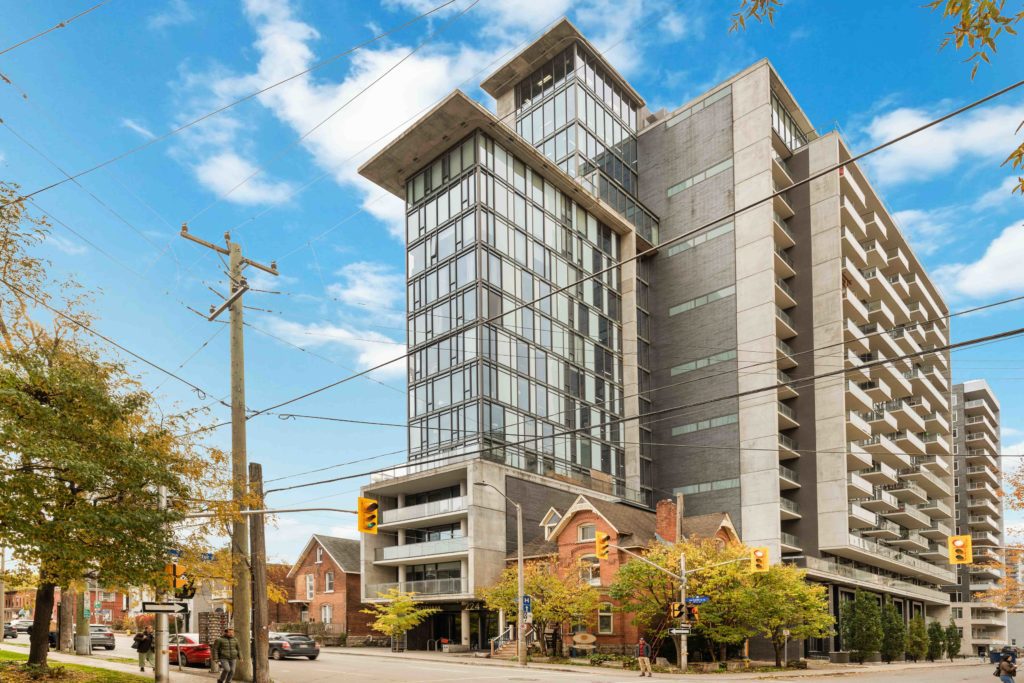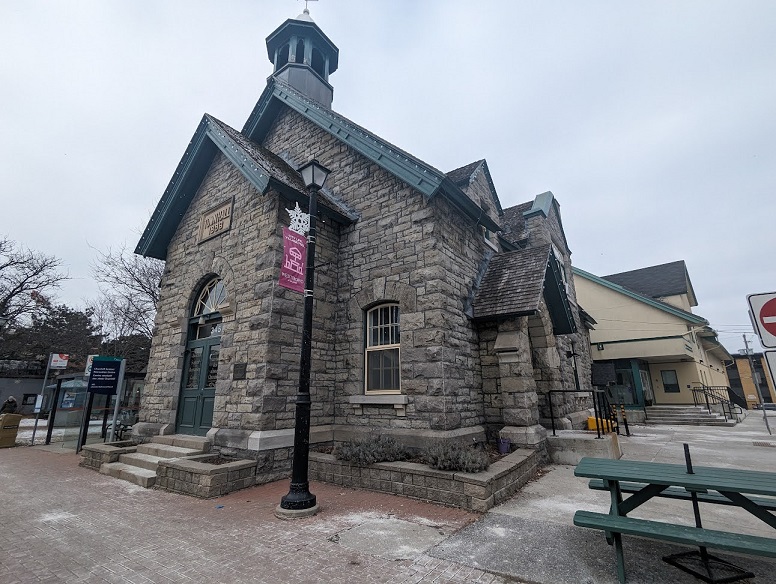In the ever-evolving landscape of real estate, Ottawa stands out as a city where property values are intricately tied to broader economic trends. As Canada’s capital, Ottawa has always been a focal point for steady growth and development. However, in recent times, the city’s real estate market has experienced a whirlwind of changes, mirroring the dynamic shifts in the country’s economic climate. From fluctuations in interest rates to shifts in employment patterns, various factors are reshaping the value of properties across Ottawa.
This article aims to dissect the complex relationship between Ottawa’s economic environment and its property values. By delving into key economic changes and their direct impact on the real estate market, we will provide a comprehensive overview of what drives property valuations in this vibrant city. Whether you are a homeowner, prospective buyer, investor, or simply an enthusiast of urban economics, understanding these correlations is crucial in navigating the market’s current and future landscapes.
In the following sections, we will explore the major economic factors influencing Ottawa’s property values, examine case studies of how these changes have affected specific areas within the city, predict upcoming trends, and finally, offer strategic insights for stakeholders in Ottawa’s real estate market.
Current State of Ottawa’s Property Market
Ottawa, renowned for its stability and resilience, has historically been one of the more stable real estate markets in Canada. However, recent economic changes have brought new dynamics into play, leading to noticeable shifts in property values across the city.
1. Market Overview
As of the latest data, Ottawa’s property market is experiencing a unique blend of growth and challenges. The average property value in the city has seen a significant increase over the past few years, driven by factors such as low interest rates, a strong local economy, and a steady influx of new residents. However, this growth has not been uniform across all regions and types of properties.

2. Impact of COVID-19
The COVID-19 pandemic has had a profound impact on Ottawa’s real estate. Initially, there was a slowdown in market activity due to lockdowns and economic uncertainty. However, the market quickly rebounded, fueled by changes in housing preferences, with more people seeking larger spaces and suburban homes due to remote working trends.
3. Supply and Demand Dynamics
One of the critical factors currently shaping Ottawa’s property market is the imbalance between supply and demand. The city has seen a surge in demand for housing, partly due to low mortgage rates and a desire for more living space. However, the supply of new listings has not kept pace, leading to a competitive market environment, especially for single-family homes and larger properties.

4. Rising Prices and Affordability Concerns
As a result of these dynamics, property prices in Ottawa have been on an upward trajectory, raising concerns about affordability, particularly for first-time homebuyers. The average price of a residential-class property in Ottawa has reached new highs, making it increasingly challenging for many to enter the market.
5. Regional Variations
It’s important to note that these trends are not uniform across the city. Certain neighborhoods, particularly those closer to the city center or with desirable amenities, have seen more significant price increases compared to others. Conversely, some areas have experienced more modest growth, presenting opportunities for buyers and investors.
Key Economic Changes Impacting Property Values in Ottawa
Ottawa’s real estate market, like any other, is heavily influenced by a range of economic factors. Understanding these factors is crucial to comprehending the fluctuations in property values. Here, we explore some of the most significant economic changes that have recently impacted Ottawa’s property market.

1. Interest Rates and Mortgage Regulations
Interest rates play a pivotal role in the real estate market. The past few years have seen historically low rates, making mortgages more affordable and fueling demand for properties in Ottawa. However, with the Bank of Canada’s recent changes to interest rates and mortgage regulations, borrowing costs have increased, potentially cooling the market and affecting affordability.
2. Employment and Income Levels
The health of the local economy, particularly employment rates and income levels, directly impacts property values. Ottawa, with its strong public sector presence, has maintained relatively stable employment. However, the private sector, especially tech and service industries, has experienced volatility, which in turn influences the real estate market.
3. Population Growth and Migration Patterns
Population growth, driven by both natural increase and migration, significantly impacts housing demand. Ottawa has seen a steady influx of new residents, attracted by employment opportunities and quality of life. This population growth has been a key driver of the rising demand for housing, pushing property values higher.
4. Government Policies and Incentives
Government policies at both federal and municipal levels can have profound impacts on property values. Tax incentives, housing grants, and urban development projects can stimulate market activity, while regulatory changes can either bolster or hinder market growth.

5. Global Economic Trends
Finally, global economic trends, such as trade policies, foreign investment flows, and economic cycles, indirectly affect Ottawa’s property market. International events can influence investor sentiment and economic confidence, trickling down to local real estate dynamics.
Case Studies: How Economic Changes Affected Specific Areas in Ottawa
In this section, we examine real-life examples of how economic shifts have impacted property values in various neighborhoods and districts within Ottawa. These case studies provide insight into the diverse ways economic factors can influence different parts of the city.
1. The Downtown Core and Condo Market

In Ottawa’s downtown core, the condo market has experienced unique fluctuations. Initially, the demand for condos decreased during the pandemic as people sought more space in suburban areas. However, with the return to office work and the city’s revitalization efforts, there’s been a resurgence in downtown living, impacting condo values positively.
2. Suburban Expansion and Rising Values
Ottawa’s suburbs, such as Kanata and Barrhaven, have seen a significant increase in property values. Driven by the demand for more space and affordable housing options, these areas have become hotspots for families and remote workers. The expansion of tech companies in these regions has also played a crucial role.
3. The Impact of Infrastructure Projects
Major infrastructure projects, like the expansion of Ottawa’s light rail transit system, have had a noticeable impact on nearby property values. Areas with improved transit access have become more desirable, leading to increased property values and investment opportunities.
4. Gentrification in Historic Neighborhoods

Neighborhoods like Hintonburg and Westboro have undergone gentrification, transforming from working-class areas to trendy, sought-after locales. This shift, fueled by economic changes and urban development, has led to a significant rise in property values, changing the demographic and housing landscape.
5. Rural Areas and the Shift in Demand
Rural areas around Ottawa have also seen a change in demand. With the rise of remote work and a growing desire for green spaces, areas like Carp and Manotick have become increasingly attractive, leading to a gradual increase in property values, offering a different lifestyle choice.
Predictions and Trends: The Future of Ottawa’s Property Market
In this ever-changing economic landscape, predicting the future of the real estate market can be challenging. However, by analyzing current trends and expert opinions, we can gain insights into what the future might hold for Ottawa’s property market.

1. The Interest Rate Outlook
Interest rates are expected to play a critical role in shaping Ottawa’s property market in the coming years. Economists predict that if interest rates continue to rise, it could lead to a cooling of the market. Potential homebuyers might find it more challenging to afford mortgages, which could impact demand and property values.
2. Sustainable Growth in a Post-Pandemic World
As Ottawa and the world navigate the aftermath of the pandemic, the property market is likely to reflect a new normal. There’s an expectation of sustainable growth, with a balanced approach to development, focusing on both urban and suburban areas. This might result in more stable and gradual growth in property values.
3. Technology and Innovation Hubs
Ottawa’s emergence as a hub for technology and innovation is expected to continue, attracting a skilled workforce and driving demand for housing. Areas close to tech parks and innovation districts might see an increase in property values due to this economic dynamism.
4. Government Policy and Housing Initiatives
Future government policies, especially those related to housing affordability and development, will significantly influence Ottawa’s property market. Initiatives aimed at increasing housing supply or assisting first-time buyers could help balance the market and maintain healthy growth.
5. Demographic Shifts and Housing Preferences
Demographic shifts, such as an aging population and changing family structures, are likely to influence housing needs and preferences in Ottawa. This could lead to a diversification in the types of properties in demand, affecting different areas and property types in various ways.
Strategies for Homeowners and Investors
In a market influenced by diverse economic factors, making informed decisions is key for both homeowners and investors. This section provides strategic insights tailored to navigating Ottawa’s property market under the current economic conditions.

1. Navigating the Buyer’s Market
For potential buyers, understanding the market dynamics is crucial. Given the potential for interest rate fluctuations, locking in a fixed-rate mortgage could be a wise move. It’s also important to focus on neighborhoods that show long-term growth potential, considering factors like infrastructure development and community amenities.
2. Selling in a Competitive Market
Sellers need to recognize the competitive nature of Ottawa’s market. Pricing properties competitively, understanding the appeal of your property type and location, and investing in minor upgrades can enhance the attractiveness of a property. Working with experienced real estate agents who understand the local market nuances can also be beneficial.
3. Investment Opportunities
Investors should look for areas with high growth potential, such as neighborhoods near tech hubs or areas slated for major infrastructure projects. Diversifying investments across different types of properties and regions within Ottawa can also mitigate risks associated with market fluctuations.
4. Long-term Strategies for Homeowners
Homeowners should consider long-term trends, such as the shift towards remote work and the growing demand for properties with home offices or outdoor spaces. Investing in home improvements that align with these trends could increase property value over time.
5. Staying Informed and Adaptable
Finally, staying informed about market trends, economic changes, and government policies is crucial. Being adaptable and ready to adjust strategies in response to market shifts can help maximize returns and minimize risks in Ottawa’s evolving real estate landscape.
As we’ve explored in this article, the property market in Ottawa is a complex and dynamic entity, deeply intertwined with the broader economic landscape. From interest rate fluctuations and government policies to demographic shifts and global economic trends, numerous factors contribute to the ever-changing tapestry of property values in Canada’s capital.
For those navigating this market — whether as homeowners, buyers, investors, or industry observers — the key lies in staying informed and adaptable. Understanding the impact of economic changes and leveraging this knowledge for strategic decision-making is crucial in a market as nuanced as Ottawa’s.
Looking ahead, while uncertainties and challenges may arise, opportunities also abound. By keeping an eye on the trends and maintaining a flexible approach, stakeholders in Ottawa’s property market can navigate these changes with confidence and insight.
This article aimed to provide a comprehensive overview of the economic forces at play in Ottawa’s property market, offering a blend of analysis, case studies, and strategic insights. As Ottawa continues to evolve, its real estate market will undoubtedly reflect these shifts, offering a fascinating window into the interplay between economics and urban living.

